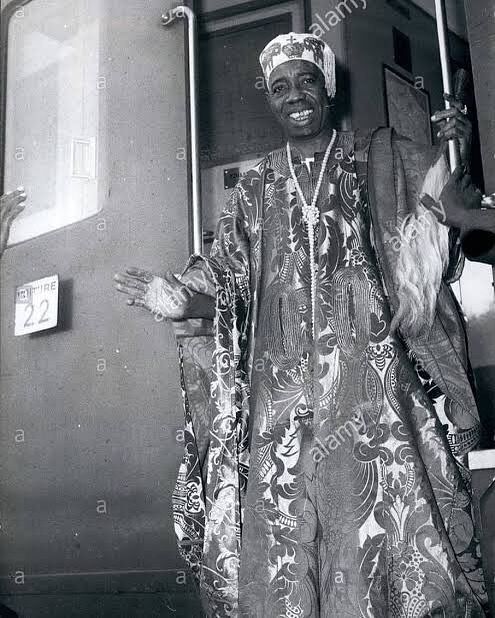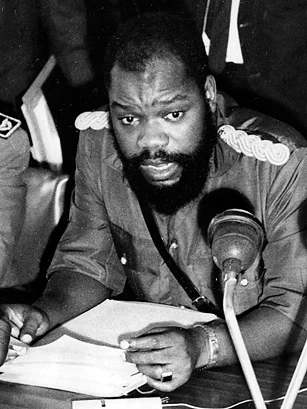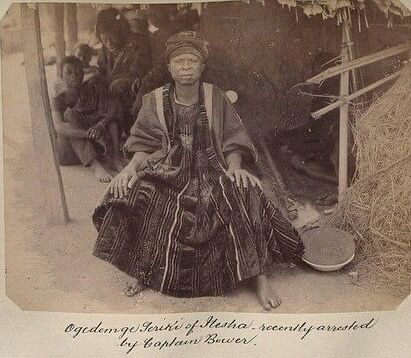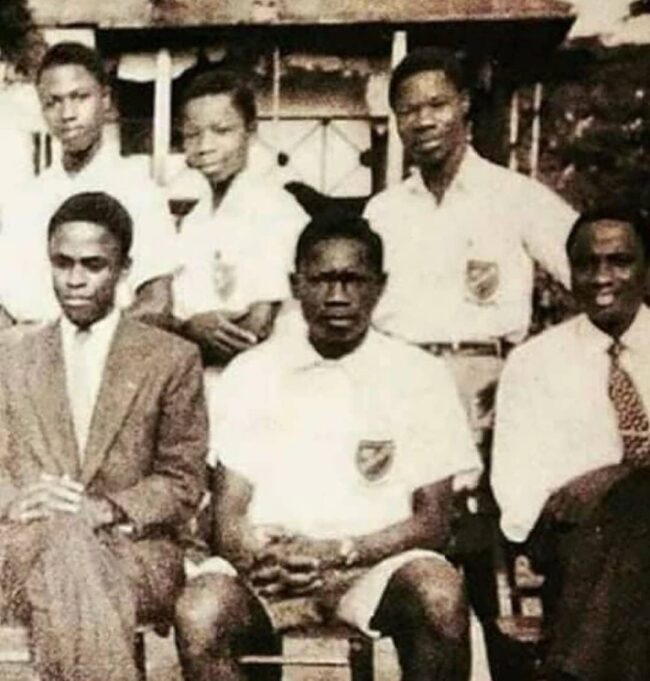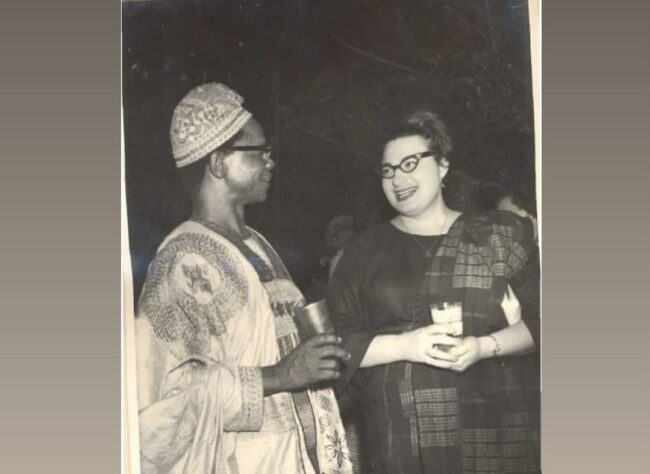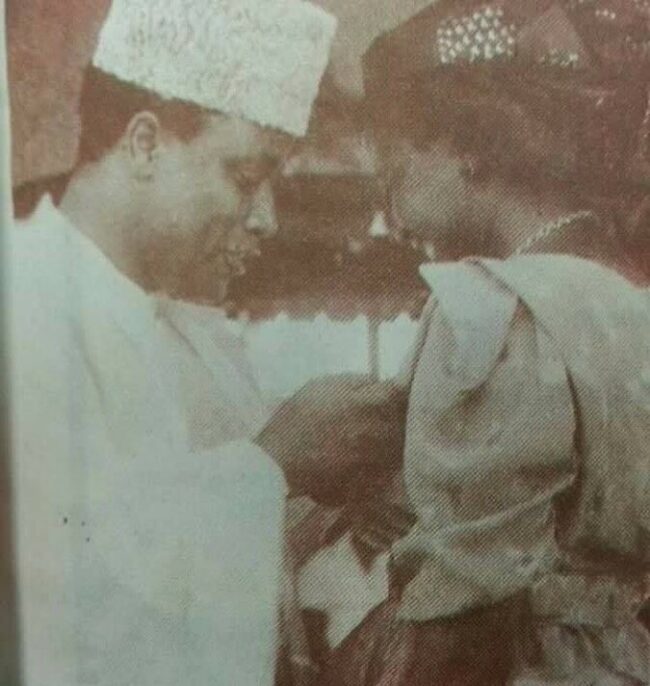A Nigerian woman from the Oloko tribe named Madam NWAYERUWA made history by recruiting women to rebel against the British colonial government and spearheading the so-called Women’s War, also known as the Aba Women’s Riot. Oloko is one of the four clans that comprise Nigeria’s Abia State’s Ikwuano Local Government Area. Oloko belongs to the Isuogu tribe. It shares boundaries with Ikono to the east, Ariam/Usaka to the east, Olokoro and Ngwa to the west, and Oboro to the north. In the uprisings that resulted in women regaining the rights that the colonial government had denied them, Nwanyeruwa was a key figure. She defied the imperialist and patriarchal system by inspiring women to fight together for their self-determination and guiding them away from the path of resignation, ladies in neighboring Nigerian villages were inspired to launch their own political activities by Nwanyeruwa and other Oloko village ladies.Nwanyeruwa’s involvement in the Women’s War was one of several acts that sparked social and political transformation in Nigerian history, supportingthe region’s fledgling African nationalist movement and the fight for independence, which was eventually won in 1960. Her deeds were a turning point for African women’s rights and African nationalism. Nwanyeruwa and a man named Mark Emereuwa were assisting with a census of the residents of Okugo, the town under Warrant administration. Nwanyeruwa, who was of Ngwa descent, had gotten married at Oloko. Women in Oloko were concerned about who would tax them because the census was tied to taxes, particularly during the late 1920s hyperinflation. Women requested guarantees from the colonial authority that they would not be obliged to pay taxes after the 1929 financial crisis hindered their capacity to trade and produce. The women agreed that they would not pay taxes or have their property valued when their political demands were put on hold. Since her husband Ojim had already passed away, Emereuwa visited at Nwanyereuwa’s home early on November 18 and spoke with her. The widow was instructed to “count her goats, sheep, and people.” The statement “How many of these things do you have so we can tax you based on them” infuriated Nwanyeruwa. In response, she asked, “Was your widowed mother counted?,” which translates to “that women don’t pay tax in traditional Igbo society.” After a heated argument, Emeruwa seized Nwanyeruwa by the throat.In order to share the experience with other ladies who just so happened to be having a meeting to talk about the problem of charging women, Nwanyeruwa proceeded to the town plaza. According to Nwanyeruwa, the Oloko ladies invited other women from Umuahia, Ngwa, and other parts of the Bende District (by sending leaves of palm-oil trees) because they thought they would be taxed. Nearly 10,000 women showed up outside Warrant Chief Okugo’s office to protest, calling for a trial and his resignation. Women’s status in society has improved as a result of the protests, women were able to take the position of Warrant Chiefs in some places. Additionally, women were appointed to the Native Courts. Women’s movements were very powerful in Ngwaland after the Women’s War. The Women’s War served as an inspiration for a number of events in the 1930s, 1940s, and 1950s, including as the 1938 Tax Protests, the 1940s Oil Mill Protests in the Provinces of Owerri and …

